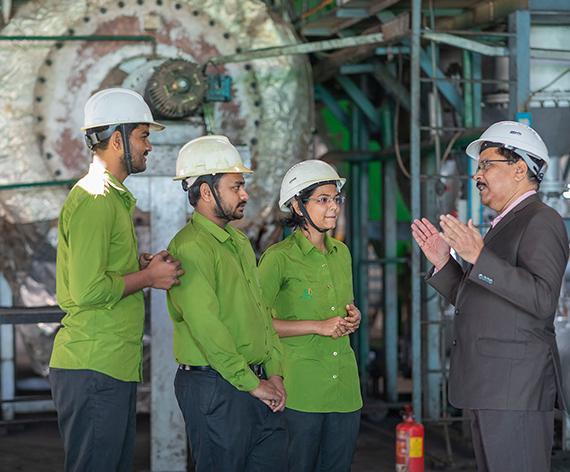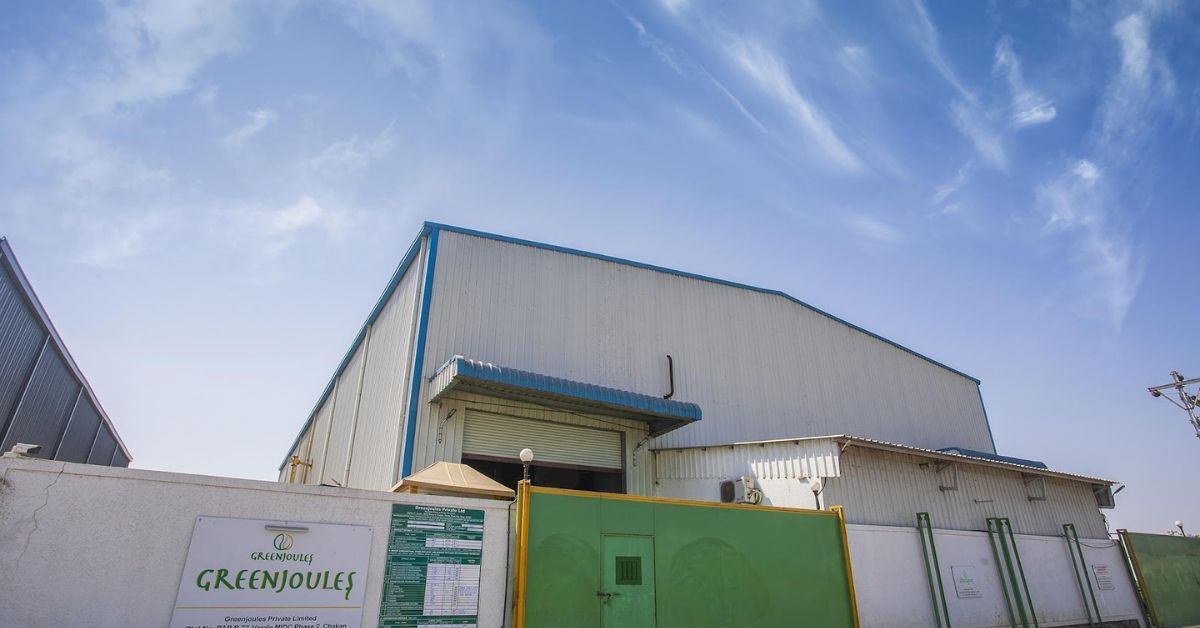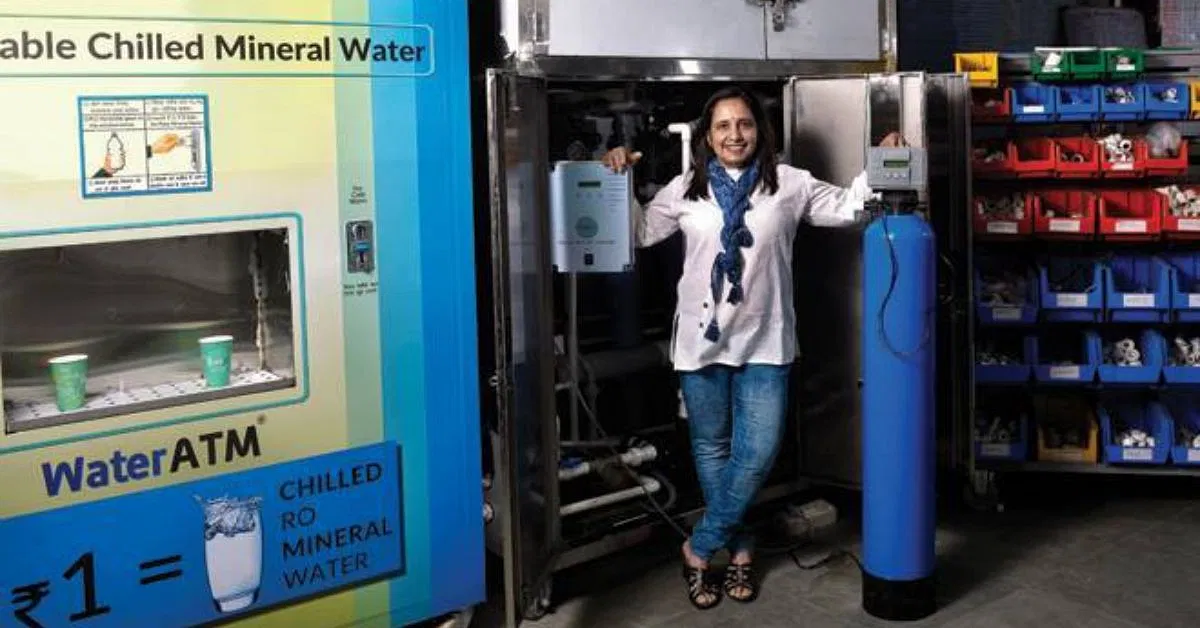
This article is created by The Better India and sponsored by WingifyEarth
A Pune-based company, Green Joules, makes renewable biofuels or ‘drop-in fuels’ from agricultural residue and renewable wastes from agro-processing industries, which can be used for industrial and commercial purposes.
The cars we drive, the trucks that carry our raw materials, and the diesel generators that power our homes are often the biggest contributors to toxin levels in our air. Vehicles and generator sets operating on petrol and diesel are said to cause at least 30 per cent of the pollution in Indian cities. Furthermore, India is also the fourth biggest emitter of greenhouse gases in the world and contributes to 7.08 per cent of all global emissions.
These facts made a profound impact on Viraraghavan Sankaran, who began his career with Godrej and has worked at global brands such as Pepsi and Cargill. But, with an urge to pave a green path for India, he left his corporate job in 2018.
What started as his concern towards the environment united him and three other friends to work together to find sustainable fuel alternatives to secure the country’s future.
So, in 2018, Viraraghavan Sankaran, Radhika Viraraghavan, Shridhar V S and Sethunath Ramaswamy founded ‘Green Joules’. The company manufactures ‘drop-in fuels’ or advanced biofuels, produced from non-food biomass — agricultural residue, animal waste and renewable waste from agricultural industries — to serve as healthier and cleaner alternatives to petrol and diesel.

The biofuel produced by Green Joules can be used for commercial and industrial applications and has the ability to power diesel vehicles, boilers, and gensets. | Courtesy: Green Joules
Biofuels offer great advantages in terms of economic and social sustainability. They can reduce the emission of greenhouse gases, help national energy security by reducing dependency on the import of crude oil, and can also help in rural development.
According to the company, their biofuels use “non-food and non-feed waste” to manufacture the product. “This makes Green Joules’ biofuels a direct replacement for petroleum diesel,” they stated, adding that it can be used for commercial and industrial applications and has the ability to power diesel vehicles, boilers, and gensets.
Produced in accordance with BIS 1460 standards — that petroleum diesel comes in — the biofuel can be used without any changes.
The company offers ‘Abhilasha Liquid Fuel’ as their primary product which has been studied and approved by the Indian Insitute of Technology (IIT) Chennai. According to Green Joules, this unique product does not produce any sulphur oxide, the key pollutant emanating from fossil fuels, and opens up new opportunities for power generation.
Their second product ‘Abhilasha Biochar’ is a byproduct that can be used as a natural fertiliser. It has the ability to absorb five times its weight in water, can store carbon, and absorb phosphorus and nitrogen. This process also helps to enhance soil quality. Moreover, biochar can also be used as a replacement for cement to construct sustainable buildings.
Currently, they have a biorefinery in Chakan, Pune, but plan to scale up production with a larger facility to respond to the growing demand for green diesel.

The company manufactures ‘drop-in fuels’ or advanced biofuels.
What’s Next?
Co-founder S Viraraghavan says that going ahead, the company will focus on developing high energy density liquids and gaseous biofuels, and use the opportunity to commercialise fuels manufactured by agro-wastes in India.
The company received Rs 4.5 million in funding from Blue Ashva Capital last year, which they plan to use for setting up waste-to-energy plants, and kick off new research and development initiatives.
“With this round of funding, we are well-placed to play a significant role in serving the large industrial market, who have board mandates to switch to environment-friendly fuels,” co-founder and chief executive V S Shridhar told The Economic Times.
With an eye on India’s zero carbon emission goals, Green Joules plans to soon establish a new 100 kilolitres biofuel plant, set to cost at least Rs 80 crore, and build refineries that can manufacture 7,500 kilolitres of biofuel every year.
“We believe in placing the needs of a clean environment first. Because we understand the fact that a clean environment is not a by-product of Indian prosperity, but it’s a necessary precondition for true prosperity of our future generation,” claims the company.






Leave A Comment
Your email address will not be published. Required fields are marked.